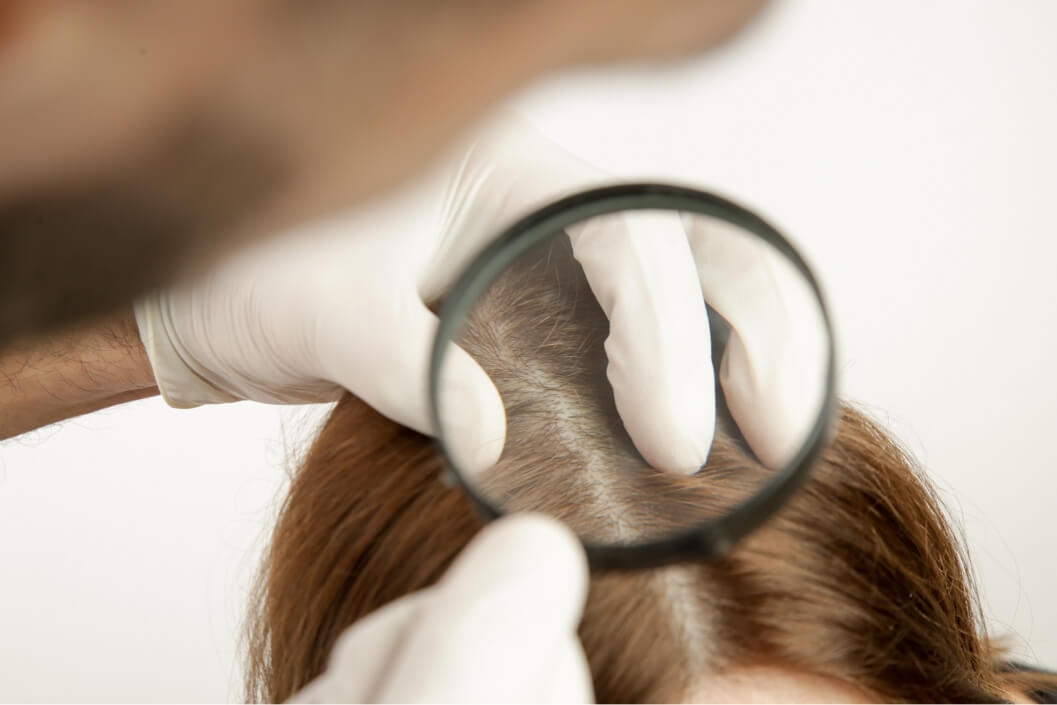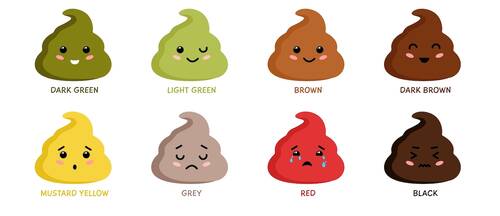Although scalp psoriasis affects only 2 to 3% of the world population, dealing with it can be difficult. It refers to a chronic skin condition caused by skin cells buildup in different parts of the body. The buildup may take the form of itchy, flaky patches that bleed.
Surprisingly, scalp psoriasis is more common in young people aged between 15 and 25. However, this doesn’t mean seniors are safe. Since most of its causes are lifestyle-related, it affects everyone. So, without further ado, let’s explore it in detail below!
Scalp Psoriasis – An Overview
As its name implies, scalp psoriasis only affects the scalp. It’s a type of plaque psoriasis that forms purplish or silvery-red patches on the skin surface. You may also find the condition spread to the forehead, back of the neck, and ears.
Other than the patches, scalp psoriasis also causes an itchy, burning sensation. The affected areas may become dry and start to bleed. Since it spreads the most on the scalp, some individuals may experience hair loss. But, it is temporary.
Causes of Scalp Psoriasis
Unfortunately, the exact cause of scalp psoriasis remains unknown. However, researchers have deduced a possible set of triggers that can lead to scalp psoriasis.
- Genetics; family history of any psoriasis type can cause scalp psoriasis in offspring.
- Nutrition; people with obesity or an unbalanced diet (especially vitamin D deficiency) are at risk.
- Lifestyle; individuals who receive high levels of stress regularly have weakened immune systems, which can trigger psoriasis. Plus, smoking and drinking alcohol aggravate the symptoms.
- Infections; recurring infections weaken the body's defense system and increase psoriasis chances.
- Medications; taking certain medicines can also cause psoriasis. These include beta-blockers, antimalarial drugs, lithium, and iodides.
How to Treat Scalp Psoriasis?
If left untreated, scalp psoriasis continues to intensify in severity. It may also cause other health issues, such as type 2 diabetes and psoriatic arthritis. Hence, it’s essential to seek professional assistance as soon as possible. There are two scalp psoriasis treatments, which include:
Topical Treatments
Initially, the doctor will recommend medicines that you can apply topically for ease. These medicines may be in the form of creams, shampoos, lotions, soaps, gels, and ointments. Most of these are available over-the-counter.
Phototherapy
In severe cases of scalp psoriasis, phototherapy, also called UV therapy, is used. In it, ultraviolet light (UVB) passes through the affected region to finish it. The process can be both expensive and painful.
However, it effectively treats psoriasis. Please note, tanning beds are not suitable for this purpose. It is a serious process carried out by medical experts.
Is There Any Home Remedy to Scalp Psoriasis?
There is no home remedy that may work as a standalone solution to scalp psoriasis. But, you can use simple home remedies along with topical treatments to reduce the symptoms.
For example, you can apply aloe vera cream to the affected skin. You can also apply an apple cider vinegar solution or baking soda and water paste. It will help reduce itchiness and redness.












